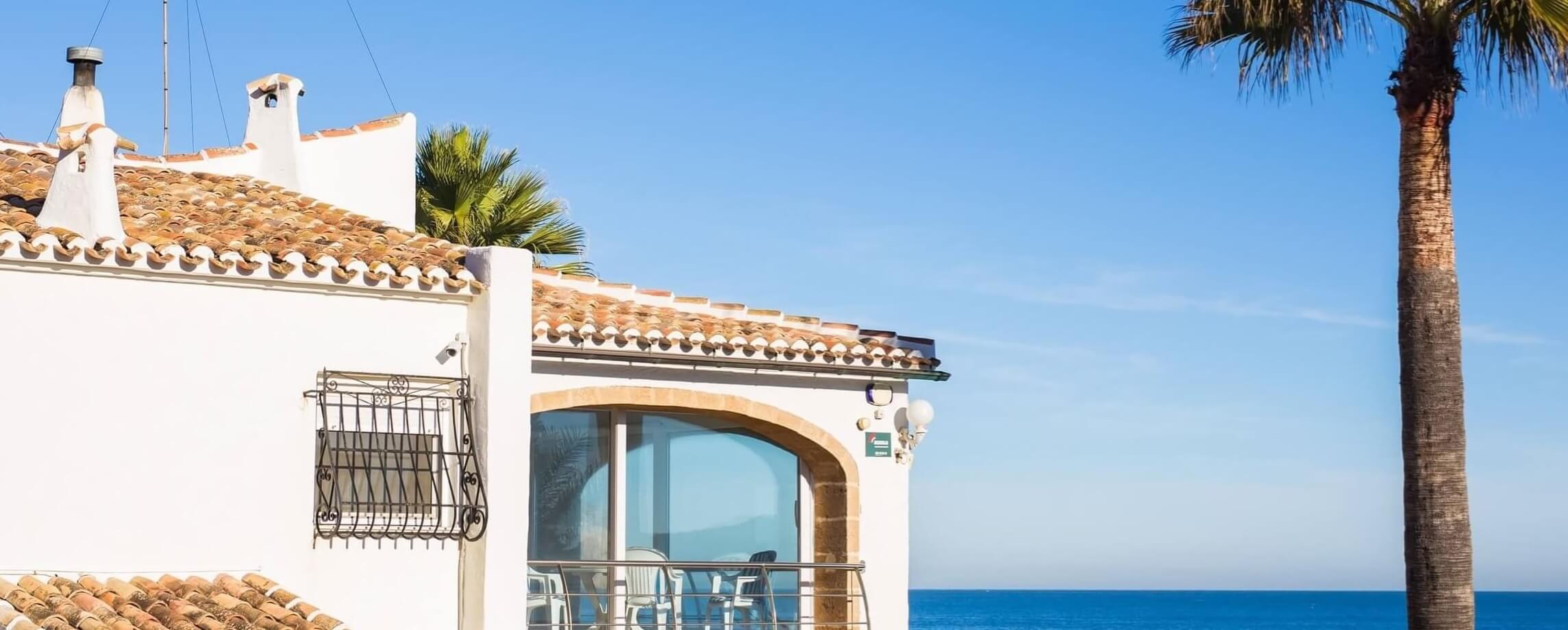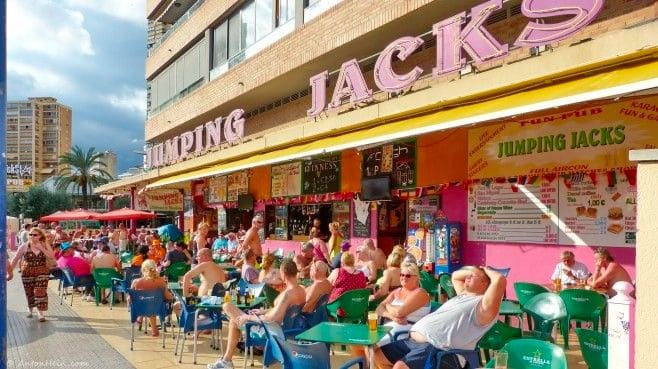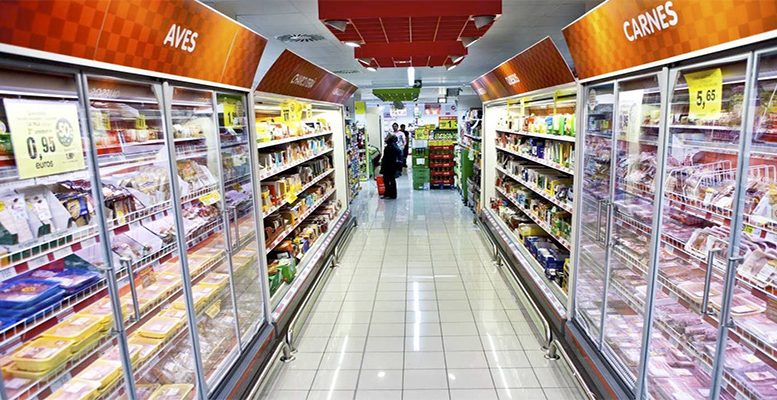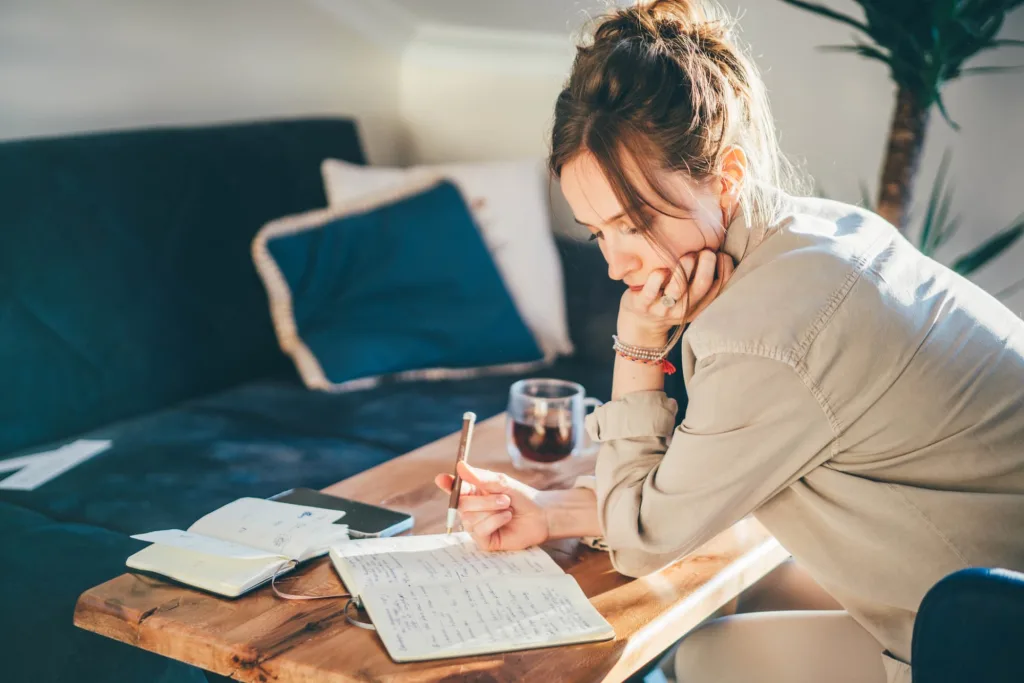Every year, thousands of Brits and other Europeans from colder countries decide to buy a second or first home in Spain. With an idyllic climate, endless sandy beaches, and a relatively laid-back lifestyle, Spain is still the number one choice for Brits buying abroad.
Of all the Spanish Costas, the Costa Blanca is the most popular with expats. This coastline has one of the best climates globally, with over 300 days of sunshine annually. There are towns and resorts spread along miles of Mediterranean coastline. We are also spoilt for choice when it comes to eating out, with excellent international restaurants and tapas bars to suit all budgets. What is there not to like?
So, you’ve made up your mind and decided you want to buy a house here, but you do not know the legal process. That’s where we come in!
At Javea.properties, we have sold property on the Costa Blanca for almost three decades, and we know the buying process inside out.
To give you a good idea of the main stages involved, we have put together this guide of ten steps to buying a home in Spain. This will help alleviate any concerns you might have and give you an idea of the process. It really isn’t complicated, but it can be confusing, especially if you don’t speak the language.
Step 1. Research
There are thousands of properties for sale at any time on the Costa Blanca. There will be a perfect match for you but finding the right one in an ideal area is essential; you don’t want to move in only to find it is not the home of your dreams after all.
You need to be practical, and not be tempted by the beautiful garden or pool if it is out in the sticks and difficult to access. Villages and urbanisations located a little inland are often attractively priced but not always served well by public transport. Therefore, it is best to avoid inland properties if you don’t plan on driving.
It would help if you also considered whether you want to buy a new build, possibly off-plan, or an older resale property. Purchasing a new property off-plan often means you get a good deal but buying a resale home can be preferable for some as there are no surprises. Resale properties will have previous owners, and any issues are likely to have been fixed already.
There are many points to consider when researching an area. Here are just a few points to think about:
- Are local shops, schools, and hospitals easy to reach?
- Public transport availability
- Noise levels – remember that many hotels, bars, and clubs will be shut if you are viewing in the winter months. If there is tourist accommodation close by it is likely to be much noisier in the summer
- Proximity to beach
- Proximity to airport
- New build or resale
- Pool or no pool? While having your own private pool may seem the ultimate in luxury, pools are fairly high maintenance.
This is not supposed to be an exhaustive list but rather an idea of factors to bear in mind. And always think about how your situation might change in a few years. Maybe you don’t have grandchildren to visit you now, but you could have them in the not too far off future. So should you go for a home with an extra room?
A second-floor apartment without a lift may be OK today, but will it be ideal in ten years’ time? Buying a home is a significant investment, so make sure you choose well!
Step 2. Apply for a NIE number
NIE stands for “Número de Identificación de Extranjeros” or Foriegner Identity Number.
It is a unique tax identification number for anyone who isn’t a Spanish citizen. You will need a NIE number to buy a property and pay the necessary taxes. It is a good idea to apply for this simultaneously as you start your property search, as it can take a few months to receive the number. If you are in Spain, you can get it in person, or through a gestor (a professional who specialises in dealing with Spanish administrative matters on behalf of clients), or via the Spanish Consulate if you are in the UK.
Step 3. Viewing
Once you have made a definitive list of where and what you would like to buy, it is time to visit as many properties as possible. Thanks to the pandemic, many agents now offer virtual tours on their websites or by appointment, so it is easy to get a good idea of a property without leaving your home. However, we do recommend visiting your shortlisted properties in person, if possible.
Read reviews on real estate agencies to make sure you are dealing with a reputable, well-established agency
Step 4. Find a lawyer
Once you have found the home of your dreams, it is time to find a reputable, independent lawyer who specialises in land and property law. Unless you speak Spanish fluently, find a lawyer who speaks your mother tongue. There are plenty of lawyers working on the Costa Blanca who speak excellent English. Read online reviews and ask expats for recommendations to point you in the right direction.
Buying property in any country can be a precarious undertaking if you don’t do practice due diligence. There are many things the lawyer will check for you once you have chosen a property. These include:
- The properties’ legal status
- Ensuring the seller has the legal right to sell the property
- Ensuring the property is free of debts and taxes are paid
- The usage status of the property (Urban property in Spain is classified as commercial, community services, industrial, or designed as housing)
- Ensuring there is adequate planning permission in place if you want to extend or alter the property
- Obtaining the License of Second Occupancy
- Obtaining the Energy Performance Certificate
A reliable estate agent can also help with these details, but you are advised to hire a legal professional to check the small print of any large transaction you make abroad.
Step 5. Open a bank account
Spanish law requires property buyers to open a Spanish bank account and transfer funds to the new account to pay the vendor from the Spanish bank account directly. While it is possible to pay the seller directly from your original bank account, this will not pass money laundering filters, and the Spanish government money laundering department may inspect the transaction. We advise our clients to open a bank account in the early steps of the process, to send the funds from the UK to pay the vendor from the Spanish bank account directly.
To open an account, you will likely be asked for the following;
- Proof of identity, e.g., your passport
- NIE certificate
- Proof of address
- Employment status proof (e.g., student card, work contract, unemployment documentation)
Currency exchange
Consulting a currency exchange expert may be of great help when buying in Spain. One of the most significant benefits of using a currency exchange is you can lock in the current exchange rate for up to a year. This helps avoid fluctuations in the amount payable.
Step 6. Arrange financing
If you need a mortgage, you can apply for an overseas mortgage with a lender in your home country or arrange one with a Spanish bank.
As a non-resident who pays tax outside of Spain, the highest amount you can borrow from a Spanish bank is around 60% of the property purchase price.
Typically, banks will offer variable or fixed-term agreements for a maximum of 20-25 years. Interest-only mortgages are not standard in Spain.
Applying for a mortgage in Spain is comparable to most other countries, and the process usually takes about 6-8 weeks. It is advisable to talk to a mortgage broker who will provide mortgage quotes. You will need to pay a refundable fee for this service. A broker will help you apply, and when approved, you will be asked to supply an official valuation of the property. If the valuation is higher than the amount of money to be borrowed, the completion steps can begin.
The cost to set up a Spanish mortgage is about 4-5% of the amount acquired.
Step 7. Pay a deposit
So, you have financing in place, legal help, and a NIE and bank account organised. At this point, it is time to pay a deposit, usually between 3,000€ and 6,000€, which counts as part of the asking price. At this step, you will sign a reservation contract, or “contrato de reserva”.
Make sure your lawyer or solicitor reviews the contract before you sign. You are not obliged to purchase the property at this stage but are reserving it, thus taking it off the market.
Step 8. Sign the purchase contract
The deposit is usually held in escrow for 14 to 21 days, so your lawyer has time to complete checks on the property. During this time, a purchase contract, or “contrato de arras” is drawn up.
Once all legal checks are carried out to your lawyer’s satisfaction, you will be asked to sign the purchase contract and pay about 10% of the total price. You are now bound to purchasing the property.
Step 9. Go to the notary to complete
At the completion stage, all individuals involved with purchasing and selling the property must be present to sign at the public notary office. This includes you, your lawyer, the mortgage lender (if applicable), and the seller.
Make sure you have a precise understanding of the contract and sufficient money for fees and taxes before signing.
Once you have signed, the seller will hand over the keys.
Step 10. Go to your new property!
Step 9 may be the end of the legal steps, but step 10 signifies a brand new and busy beginning. It’s time to go to your new home, take stock, and begin making lists of everything you need.
While many matters can wait while you celebrate your new home, such as which colour curtains you’ll buy or where you put the dining table, others are more important.
You’ll need to make sure the property is secure and arrange to change the locks. If there are home alarms, make it a priority to change the codes to new passcodes only you will know.
You also need to make sure you have adequate home insurance.
And last but not least, one of your first tasks after you get the keys should be to find the main fuse box and water cut-off points.
In Spain, it is not uncommon for fuses to “trip”, especially in older properties. Tripping is usually due to overloading the circuit. If the electricity should suddenly go out, unplug the appliances you are using and push up the fuse that has moved into the down position or (depending on the fuse type) push it in if it jumped outwards. This is usually enough to fix the problem. If the problem is reoccurring, you’ll need to consult an electrician.
Flooding, while not common, can occur due to a burst pipe or malfunctioning appliances. Knowing exactly where to turn the water off can save precious time and prevent damage.
Summary
We hope this guide has been of some help to give you an overview of the Spanish buying process. The information in this article is meant as a guide only, as with any legal process in Spain, we always recommend you seek a lawyer’s help.
If you would like further information on buying in Spain, please contact us.






